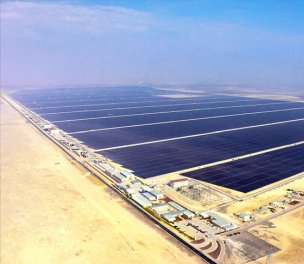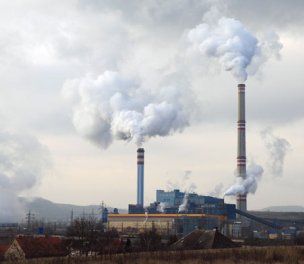Photo: Pexels
Click to read the article in Turkish
As the Paris Climate Agreement came into effect in Turkey today (November 10), several NGOs called on the government to set the date for exit from coal.
The organizations that came together under the Project for Environment, Climate and Health (ÇİSİP), as well as the Public Health Nurses Association, the Society for Clinical Microbiologists of Turkey (KLİMUD) and the Tekirdağ Medical Chamber are among the groups that made recommendations.
The groups said an open letter published by the World Health Organization (WHO) ahead of the 2021 United Nations Climate Change Conference (COP26) should be taken into consideration by Turkey's delegation as well.
☞ On October 6, Turkey became the last G20 country to ratify the agreement. President Recep Tayyip Erdoğan didn't attend COP 26, citing security issues.
Noting that the climate change has become more visible in Turkey with forest fires, drought, extreme rainfall and the decrease in agricultural productivity, the groups made the following recommendations:
Turkey needs a roadmap to fulfill the Paris Agreement and reach the zero-emissions target by 2053
The biggest source of carbon emissions in Turkey is coal-fired power plants. Air pollution from large coal-fired plants is estimated to cause approximately 5,000 premature deaths in the country every year. Health problems caused by air pollution from coal-fired power plants cost Turkey 2.86 billion Euro per year and it is estimated that this figure may rise to 5.88 billion Euro. In order to prevent deaths and other burdens caused by both air pollution and climate change, Turkey should determine a date to exit coal.
Considering the increase in energy prices in the world, energy transformation can contribute to Turkey's climate goals and also provide economic development.
Integration of more renewable energy into the system will reduce Turkey's dependence on foreign energy and have a positive effect on the foreign trade balance.
On the other hand, widespread use of clean alternatives such as distributed electricity generation can play an important role in ending energy poverty in households and preventing price increases. (TP/VK)











